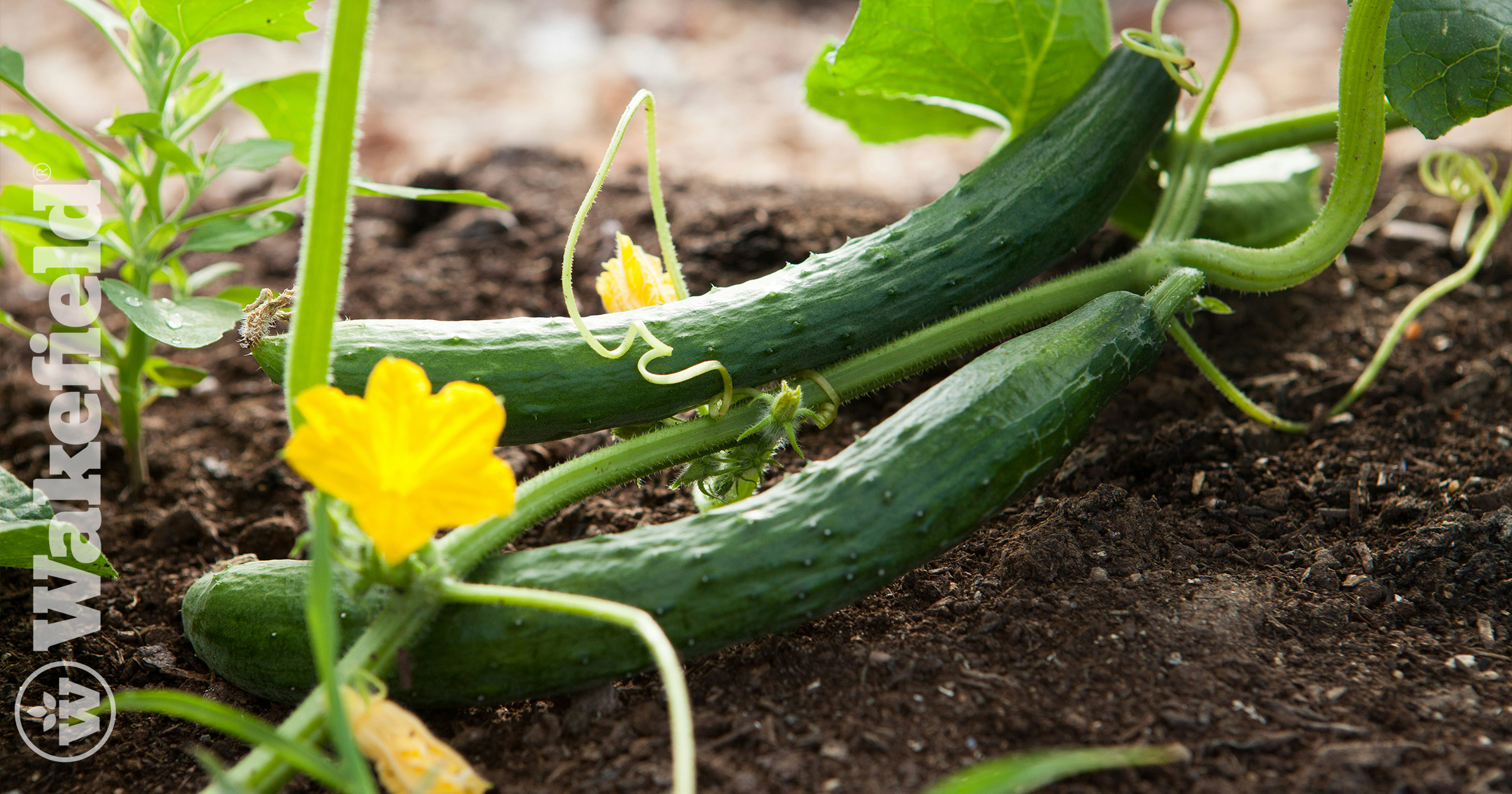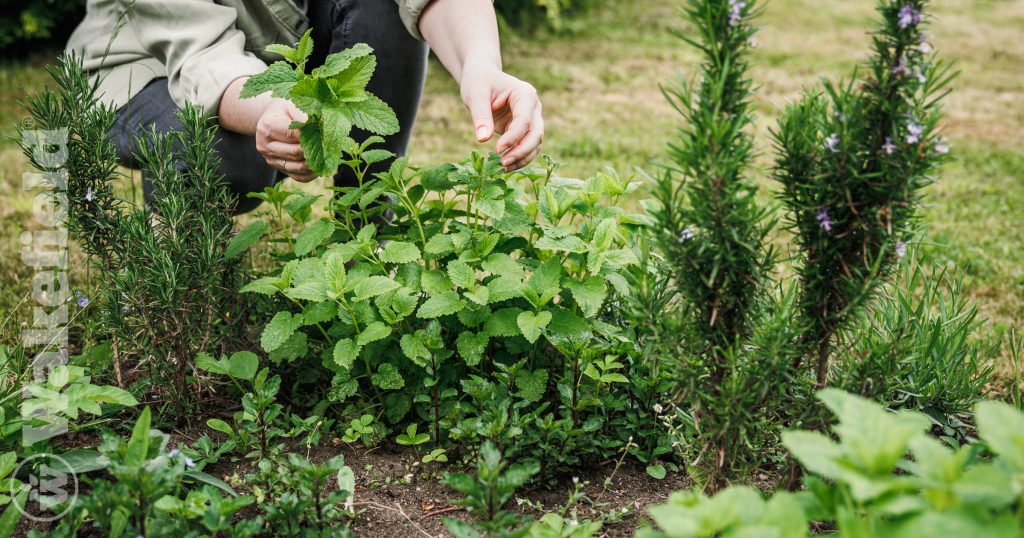Biochar as a Sustainable Product for the Removal of Odor Emissions – Mini Literature Reviews

This page is packed with informative articles exploring the power of composting and the game-changing role of biochar. From managing large-scale organic waste to reducing odors and nutrient loss, you’ll find real-world studies, expert fact sheets, and practical tips. Whether you’re curious about how biochar reduces ammonia emissions or how it improves compost quality and soil health, this is your go-to source for understanding how composting and biochar work better—together.
Biochar as a Sustainable Product for the Removal of Odor Emissions
Rapid urban growth has led to increasing amounts of waste, especially in cities, creating pollution and climate concerns. Composting is one way to address organic waste sustainably, but in places like Rwanda, it still comes with issues like slow decomposition and odor. Researchers in Musanze explored whether adding 5% biochar—made from plant materials—could help.
The results showed major improvements. Compost with biochar reached higher temperatures faster, stabilized pH levels, and retained more nutrients like nitrogen and potassium. The mix of kitchen scraps, cow manure, and biochar produced consistent, high-quality compost. The study concluded that using 5–10% biochar not only improves compost quality but also supports eco-friendly waste management across Africa.
Citation:
Sobal, Ł., & Dyjakon, A. (2022). Biochar as a sustainable product for the removal of odor emissions – Mini literature review. Revista de Chimie, 73(4), 8557. https://doi.org/10.37358/RC.22.4.8557
Composting of Municipal Solid Waste Using Microbial-Inoculated Biochar
Composting municipal solid waste (MSW) in developing countries can be difficult due to odor, slow breakdown, and lack of infrastructure. This study tested the use of microbial-inoculated biochar—biochar combined with helpful microbes like bacteria and fungi—to improve the process.
Researchers found that compost piles with this biochar stayed hotter longer, reduced ammonia emissions, and decomposed faster. The end product was safer, more mature compost with fewer heavy metals and harmful pathogens. This strategy holds strong potential for making MSW composting more efficient, especially where space and resources are limited.
Citation:
Saidu, I., Zhang, L., & Jeyakumar, P. (2025). Enhanced composting of municipal solid waste using microbial-inoculated biochar. Circular Economy and Sustainability. Advance online publication. https://doi.org/10.1007/s42773-025-00426-6
Cleaner Composting in Developing Countries Using Microbial-Inoculated Biochar
Traditional composting methods in many developing countries often produce strong odors and struggle to safely manage food waste. This study explored how microbial-inoculated biochar could make composting cleaner and more effective.
By improving airflow and absorbing smelly gases like ammonia, the biochar accelerated decomposition and helped kill pathogens with higher compost temperatures. The final compost was richer in nutrients, safer to use, and had fewer contaminants. Though slightly more costly, this method shows great promise for improving waste management in underserved areas.
Citation:
Sun, W., Wang, L., Wang, Z., Guo, Y., & Zhang, Q. (2024). Cleaner composting of municipal solid waste using microbial-inoculated biochar: Reduction in odor and improvement in compost quality. Resources, Environment and Sustainability, 11, 100291. https://doi.org/10.1016/j.resenv.2024.100291
Composting Distilled Grain Waste with Biochar to Improve Efficiency and Reduce Emissions
China’s liquor industry generates over 25 million tons of distilled grain waste (DGW) annually. This waste is rich in organic matter but difficult to manage due to its high acidity and strong odor. Researchers tested the impact of adding 10% coconut shell biochar to DGW compost to reduce emissions and improve efficiency.
The biochar-enhanced compost showed faster heating, better airflow, and significantly lower nitrogen loss. Ammonia emissions dropped, microbial activity increased, and compost quality improved. The study confirmed that biochar can help manage industrial food waste more effectively and with fewer environmental downsides.
Citation:
Zhang, Y., Zhao, Y., Zhang, R., & Ma, J. (2021). Improving the efficiency of composting distilled grain waste with biochar: Reducing nitrogen loss and odor emissions. Bioresource Technology, 336, 125313. https://doi.org/10.1016/j.biortech.2021.125313
Key Benefits of Adding Biochar to Compost
Adding 5–10% biochar to compost speeds up decomposition by around 20%, mainly due to improved airflow and greater microbial activity. The porous nature of biochar helps retain nutrients—especially nitrogen—reducing losses through gas emissions. This leads to a more nutrient-rich final product.
Biochar also controls odor by trapping gases like ammonia and supports healthier microbial ecosystems. Compost enriched with biochar improves soil structure, water retention, and crop yields—making it a valuable tool for sustainable agriculture.
Practical Case Studies
- Rexius (Oregon): Incorporating 5% biochar improved moisture retention, boosted nitrate levels, and cut down labor and fuel costs due to fewer pile turnings (biochar-us.org).
- Pacific Biochar x Oasis Vineyard (California): In vineyards with low organic matter, biochar-compost mixes helped improve water retention and resulted in a 45% increase in grape yield (biochar-us.org).
Usage Tips for Composters
- Stick to a 5–10% biochar ratio by volume. Using more than 30% can slow down decomposition.
- Mix evenly using your existing compost equipment.
- Monitor compost temperature, moisture, and nutrient levels for optimal results.
In summary, the USBI fact sheet reinforces the advantages of incorporating biochar into composting practices, aligning with findings from studies on DGW composting. The integration of biochar not only enhances compost quality and efficiency but also offers economic and environmental benefits, making it a valuable addition to sustainable waste management strategies.
U.S. Biochar Initiative. (n.d.). Biochar in compost: Key benefits, practical applications & recommendations. https://biochar-us.org/sites/default/files/learning/files/USBI_DFB_Compost-sheet_DIGITAL2.pdf







